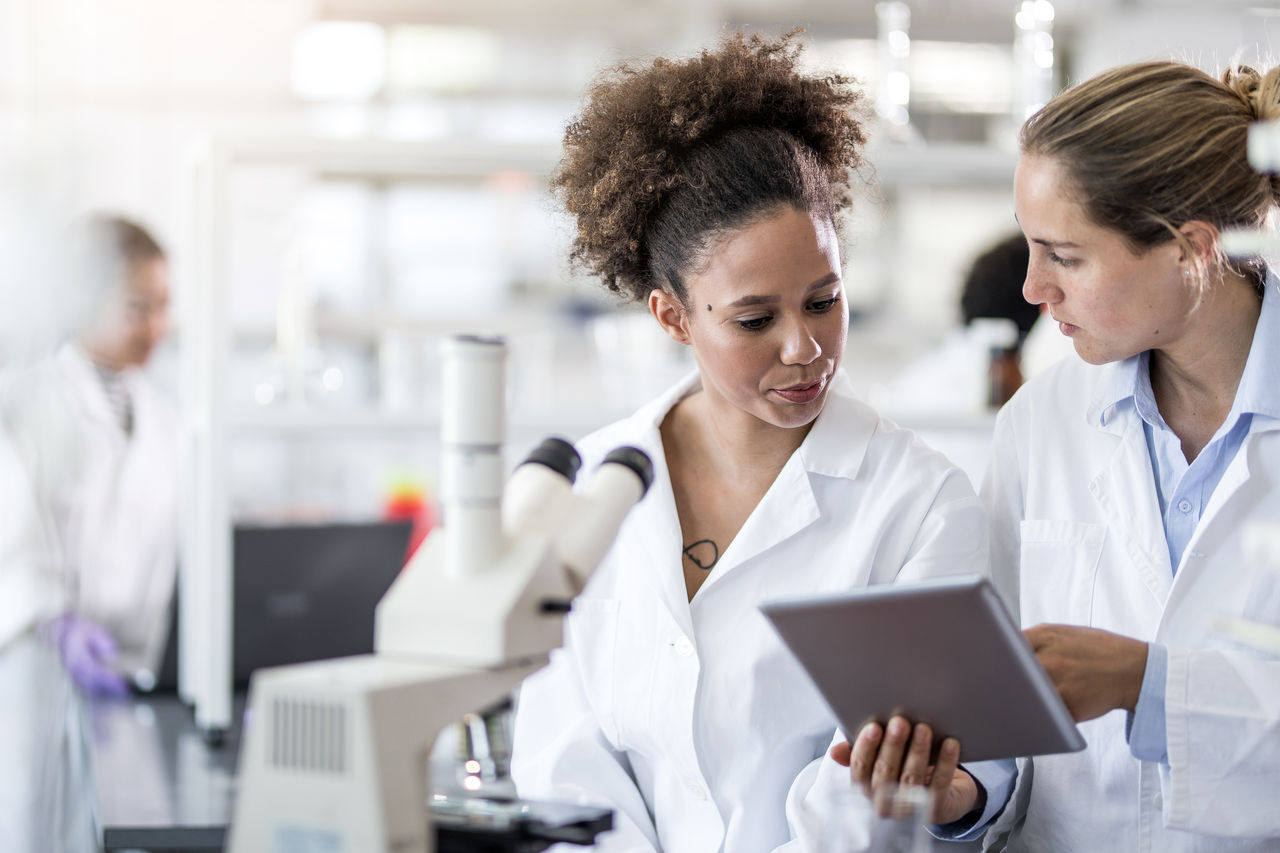Translational Neurobiology & Drug Discovery Lab
Decoding Brain Development to Heal Children
The Translational Neurobiology & Drug Discovery Lab at Nemours Children’s in Delaware Valley examines why some children develop brain tumors and neurodevelopmental disorders. Our goal is to find new ways to treat these conditions. We look at the biological processes involved in early brain development and how genetic and molecular changes cause these processes to malfunction.
Specifically, we study the neurons in the cerebellum, the part of the brain important for movement, coordination, and behavior. By learning how cells in this area grow and connect, we gain insight into how certain brain disorders happen so we can develop better, more targeted therapies.
We drive innovation by not only studying these conditions, but we also use state-of-the-art, 3D technologies to test potential drug compounds. We have made several key advances in these areas.
Our goal is to translate breakthrough discoveries from lab bench to patient bedside. We give hope for new treatments and a long life for kids with neurologic disease.
Principal Investigator

Sigrid A. Langhans, PhD
Principal Research Scientist
Lab Head
Research Areas of Focus

Understanding Brain Development
We use innovative models to study normal development of cerebellar granule cells. These specialized neurons are involved in movement and fine motor control as well as in behavior, learning, and memory.
This reveals how disturbances contribute to conditions like pediatric brain tumors or neurodevelopmental disorders. It also provides insights to inform our search for targeted treatments.
Innovating Drug Discovery
In collaboration with engineers, we are creating a 3D platform for testing drugs more efficiently. This platform uses a cell culture system that mimics the brain’s extracellular matrix, or the network of molecules that surrounds and supports brain cells.
This platform can be used with automated robots commonly used in drug discovery labs for high-throughput screening.
Accelerating Breakthrough Treatments
Our team collaborates with researchers from the early stages of project planning. We engage in joint pilot projects to support grant applications focused on high-throughput screening and chemical probe discovery.
Our services include acquiring targets to developing assays, conducting pilot screens, and validating lead compounds.
Research in Context
Our labs contribute to research that informs pediatric care, working in alignment with research centers and focused areas of scientific study at Nemours.
Cancer Research
RESEARCH AREA
Investigators study childhood cancers to improve diagnosis, treatment, and survivorship through discovery science, clinical trials, and systemwide collaboration.
Neuroscience Research
RESEARCH AREA
We investigate brain development and neurological disorders to advance pediatric neuroscience through collaboration and translational science.
Neuroscience Research Center
DELAWARE VALLEY
Our team investigates the developing brain and translates discoveries in imaging, behavior, and biology into better diagnostics and treatments for children.
Radiology Research
RESEARCH AREA
Our researchers advance pediatric imaging by developing safer, clearer techniques that improve diagnosis, monitoring, and treatment of childhood conditions.



